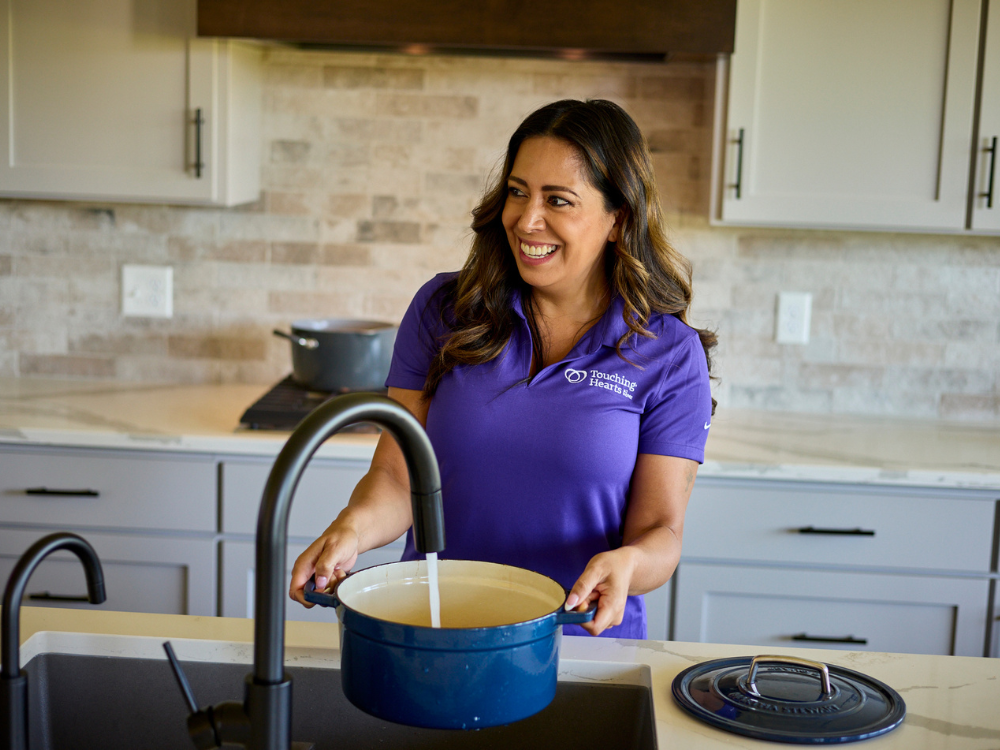Post-Holiday Depression in Older Adults
Often the holidays involve traveling to where family gatherings take place. Personal routines and schedules change during this time of year. Fatigue from shopping and travel can contribute to feeling out-of-sorts or even melancholy. Stress caused by additional financial pressure from holiday buying to the memories of days gone by and reminders of the past loved ones enhance the emotions of loss and grief. If health is failing and getting out is a struggle or not possible, the holiday season is often a time of feeling isolated with a growing sense of despair.
When holiday décor comes down, many older adults experience their emotions coming down. Post-holiday blues can lead to depression that lasts beyond the season of celebrations. The months following November and December are important for adult children and caregivers to stay vigilant concerning the signs of depression in those they love and care for. Older adults with mental health problems or those with medical conditions are people with the highest risk.
Signs to watch for are: anxious behavior, heightened irritability, less joy or being more quiet than usual. There may be more conversation focused on people who have died, or a loss of interest in things once enjoyed. Signs may have been showing during the holidays particularly if less interest in the traditions and festivities themselves were observed. There may be a pattern in not making calls or taking calls. Even finances may be ignored, such as paying bills.
One of the best ways to support and encourage an older adult of concern is to help get them out and interacting with others. Social connections can help to alleviate feelings of sadness and isolation. On warmer winter days, take an older adult to lunch or for a walk through an art museum to help lift the clouds. If the person is mobile, consider getting them to a gym that caters to older adults; in addition to the physical health benefits, exercise provides endorphins that lift the spirits. In more severe cases of depression, it may be best to accompany an older adult to their preferred doctor with encouragement to speak openly about how they are feeling both physically, and emotionally.
When family and friends can’t be there for an older adult due to distance and schedules, hire a professional caregiver to provide the companionship and support for managing the tasks of daily living. People need people. Family and friends need to watch for signs of depression in older friends and relatives. The holidays are great times to have face to face time; after the holidays make the time to reach out and speak up if signs of sadness grow into depression.
-Ramona Hunt M.S., Director of Leadership and Development, Touching Hearts at Home, 12/26/13



